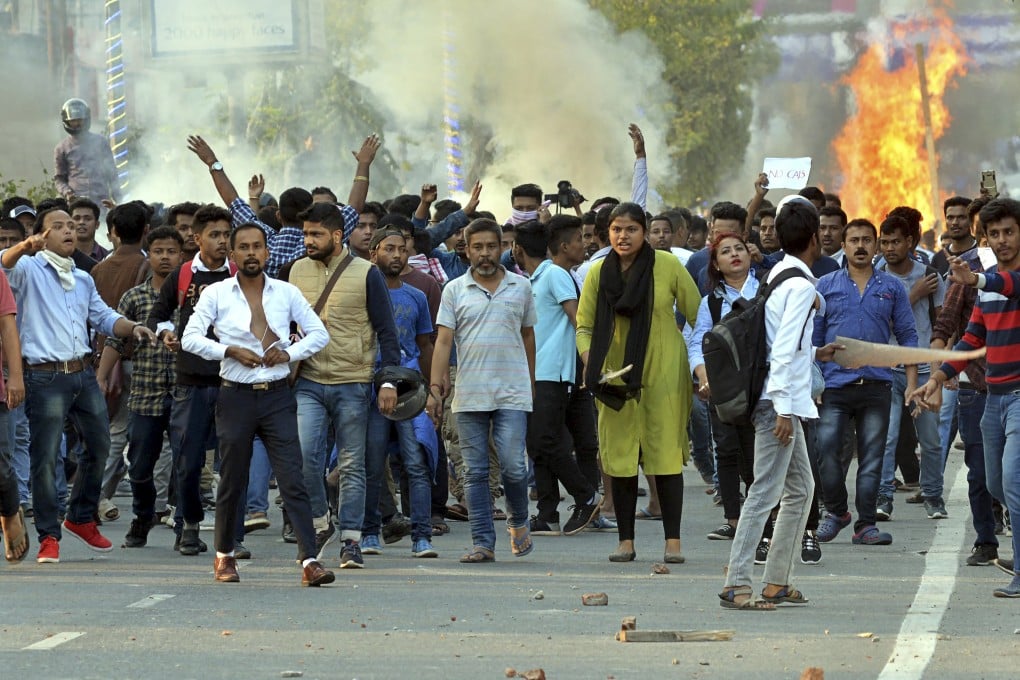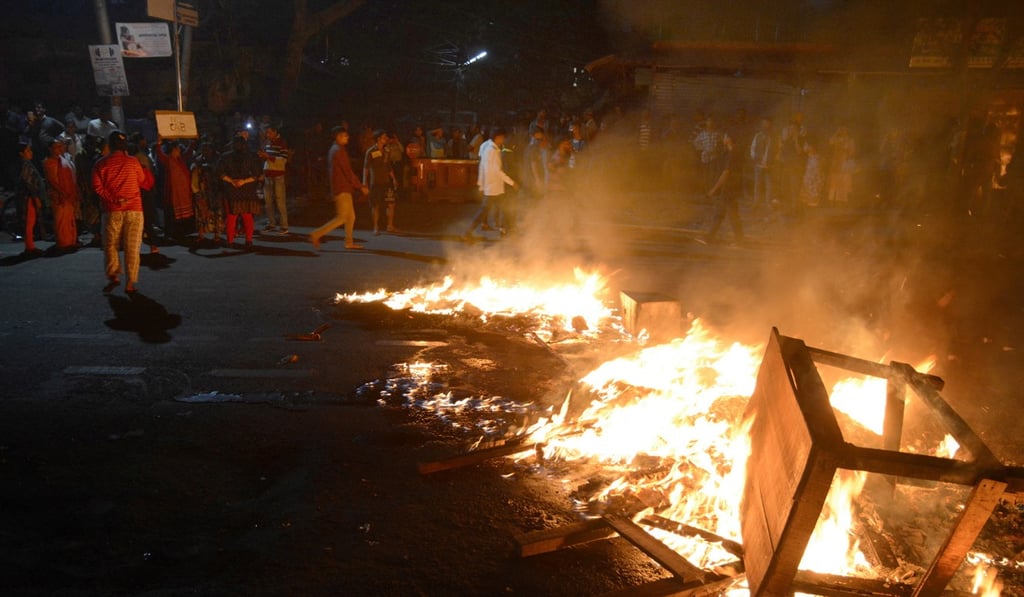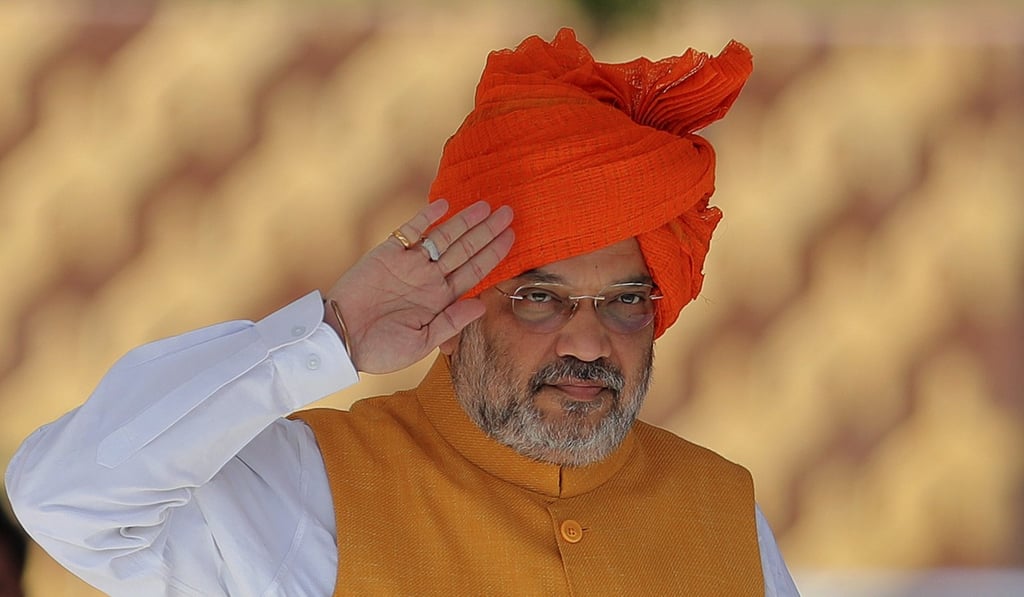Analysis | Modi’s surgical strike on Muslims puts India at war with itself
- Pincer attack with citizenship law and population verification sets the stage for prolonged unrest
- In the midst of an acute slowdown, a strange time to dabble in explosive social issues

From Germany to Chile and South Africa, nations have had to endure painful reconciliation processes to heal themselves, put the past behind them and draw lessons from violent brushes with history to prevent their recurrence. India has chosen to beat a reverse path. Tired of the country’s stable democracy, preserved for seven decades after a blood-soaked independence, its muscular new caretakers are urgently poking old wounds in the hope of stirring up India’s demons to take it down the same road to perdition it long ago escaped.


On its own, the CAB can appear to be an innocuous, almost altruistic, piece of legislation. The bill’s diabolical genius lies in what it does not mention. For example, it does not specifically say Muslims need not apply. Instead, it lists all the other communities who stand to gain from its apparently inclusive ambit – the Hindus, Sikhs, Buddhists, Jains, Parsees and Christians, who are persecuted in those countries. The rationale is, Muslims cannot be persecuted in Islamic states, and hence a Muslim fleeing Pakistan, Bangladesh or Afghanistan cannot be a refugee.